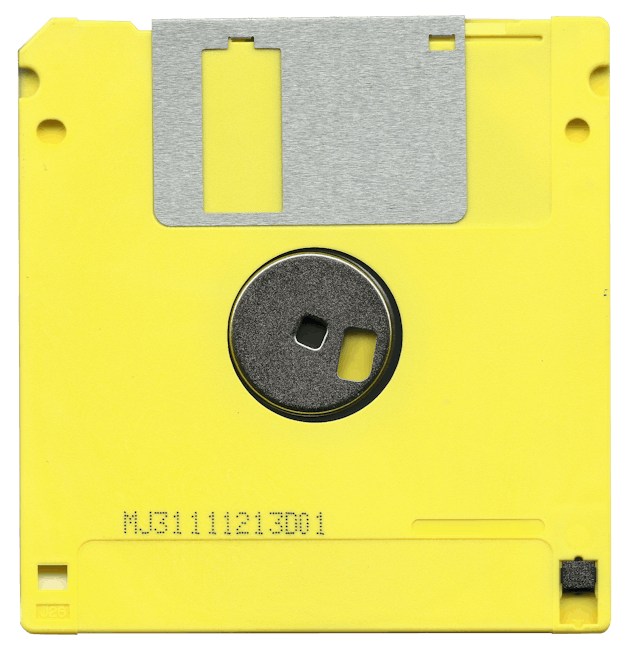Unlock encrypted content
Please enter your SSCE key to initiate on-the-fly decryption.
Decryption key: (Click cancel if you don't have the key)
Copied link to clipboard.
This feature is unavailable for free accounts. Upgrade now and enjoy all Premium benefits.
Go Premium!
This feature is unavailable for free accounts. Upgrade now and enjoy all Premium benefits.
Go Premium!
Please open this page in browser ( Google Chrome or Safari ) to use this feature.
Open In Browser
Why Cloud Storage is the Future of Data Management.
Random related video for this blog.
Copied share link to clipboard.
In today's digital age, the volume of data being generated and stored is growing at an unprecedented rate. As a result, traditional data management methods are becoming increasingly inadequate. This has led to the rise of cloud storage, a revolutionary technology that offers numerous benefits over traditional Network Attached Storage (NAS) systems. In this article, we will explore why cloud storage is better than NAS, and how it is transforming the way we store, access, and secure our data.
Advanced Downloading Tools for Seamless Data Access
One of the key advantages of cloud storage is the availability of advanced downloading tools that ensure seamless data access. Unlike NAS systems, which often require complex configurations and network setups, cloud storage platforms offer user-friendly interfaces and intuitive applications. These tools enable users to upload, download, and share files with ease, regardless of their technical expertise. For example, FileLu, a leading cloud storage provider, offers a range of advanced downloading tools that enhance the user experience. With features such as auto camera upload, users can effortlessly transfer photos and videos from their devices to the cloud. This eliminates the need for manual file transfers and ensures that important memories are securely backed up.Enhanced Security and Privacy with Encryption
Data security and privacy are paramount concerns in the digital era. With cloud storage, files are encrypted at the data center, ensuring that sensitive information remains secure from unauthorized access. This level of encryption is often superior to what is available in traditional NAS systems, making cloud storage a safer choice for storing confidential data. FileLu, for instance, offers encryption file sharing, which allows users to securely share files with others. This feature ensures that only authorized individuals can access the shared files, protecting sensitive information from falling into the wrong hands. Additionally, FileLu'ssecure client file portals provide an extra layer of protection, allowing users to manage access permissions and monitor file activity.
Advanced Metadata Management for Efficient Data Organization
Efficient data organization is crucial for businesses and individuals alike. Cloud storage platforms excel in this area by offering advanced metadata management capabilities. Metadata refers to the additional information attached to a file, such as its creation date, author, and tags. By leveraging metadata, users can easily search, sort, and retrieve files, saving valuable time and effort. With FileLu's cloud storage, users can assign custom metadata to their files, making it easier to categorize and locate specific documents. For example, a marketing team can tag files with relevant campaign names or target audiences, allowing for quick retrieval when needed. This level of organization and searchability is simply not possible with traditional NAS systems, where file management is often limited to basic folder structures.Conclusion
In conclusion, cloud storage offers numerous advantages over traditional NAS systems. With advanced downloading tools, enhanced security and privacy features, and advanced metadata management capabilities, cloud storage is transforming the way we store and manage data. As the volume of data continues to grow exponentially, it is clear that cloud storage is the future of data management. By embracing cloud storage solutions like FileLu, individuals and businesses can benefit from seamless data access, robust security measures, and efficient data organization. With affordable pricing plans, large file transfer capabilities, and a user-friendly interface, FileLu is leading the way in revolutionizing the cloud storage industry. So why settle for outdated and cumbersome NAS systems when you can harness the power of cloud storage? Make the switch today and experience the future of data management.By Amelia Isabella.
Email: [email protected]
Related
Automated File Retention Policies and Drone Technology: Revolutionizing File Management.
June 10, 2023
Read More
The Future of Cloud Storage: Highly Available Infrastructure with Intuitive...
June 10, 2023
Read More
Secure Data Sharing and Collaboration with Biometric Authentication on FileLu...
June 10, 2023
Read More
Revolutionizing Cloud Storage with 5G Technology and User-Friendly Customer Support.
June 10, 2023
Read More
Real-Time File Collaboration and Cloud Storage Provider for Efficient Data...
June 10, 2023
Read More
Collaborative Video Editing with Smart Contracts and FileLu.com: The Future...
June 10, 2023
Read More
Popular
Latest
The Future of Digital Transformation: Exploring Smart Homes, Efficient File...
November 30, 2025
Read More
Exploring the Benefits of Cloud Storage and Innovative Technologies in...
November 26, 2025
Read More
The Future of Technology: Exploring Biohacking, Space Tourism, and Digital...
November 23, 2025
Read More
The Future of File Sharing: Streamlined Workflows for Photographers and...
November 19, 2025
Read More
Exploring the Intersection of Technology: From Cybersecurity to Augmented Reality...
November 16, 2025
Read More
The Future of File Management: Embracing Edge Computing and Efficient...
November 12, 2025
Read More
The Future of File Sharing: Exploring User-Friendly Solutions and Data...
November 5, 2025
Read More
The Future of Cloud Storage: How FileLu Empowers Creative Professionals...
November 2, 2025
Read More
The Future of Autonomous Technologies: Innovations in Robotics, File Sharing,...
October 29, 2025
Read More
Emerging Technologies Revolutionizing File Management: From Li-Fi to Robust Collaboration...
October 26, 2025
Read More
Emerging Technologies: Exploring the Impact of File Access Auditing, Genetic...
October 19, 2025
Read More
The Future of Data Storage: Exploring Advanced Encryption, Mobile Integration,...
October 5, 2025
Read More
Exploring the Future of Data Management: Security, Efficiency, and Cognitive...
September 28, 2025
Read More
Revolutionizing Data Management: Innovations in Storage, Security, and Sustainable Technology.
September 24, 2025
Read More




















